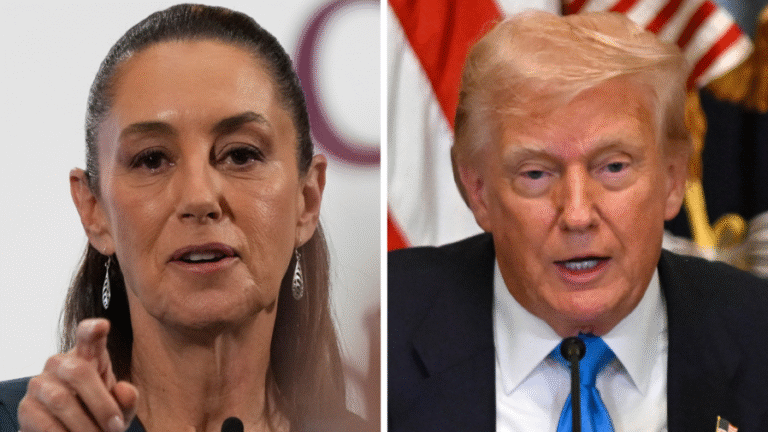
Rep. Anna Paulina Luna (R-Fla.) is vowing to file a discharge petition for legislation to ban members of Congress from trading stocks, as some lawmakers reignite the years-long push to do away with the practice.
Luna’s office confirmed the congresswoman’s plan to start a discharge petition to The Hill. The House is currently on an extended summer recess and is slated to return to session the first week of September.
“Members of Congress should be banned from trading individual stocks because their access to privileged, nonpublic information creates unavoidable conflicts of interest that erode public confidence in government,” Luna said in a statement. “As lawmakers, we receive classified briefings, shape economic policies, and interact with industry leaders, giving us insights that can influence stock prices.”
“Even if no laws are broken, the appearance of profiting from this access fuels distrust among Americans,” she added. “The American people do not trust the US government, and this is a step forward to building that trust.”
Once Luna files a discharge petition, she will have to acquire signatures from at least 217 colleagues to force a vote on the legislation. The procedural gambit allows consideration of measures if they have support from at least half of the House. Several lawmakers have introduced bills to ban members of Congress from trading stocks over the years.
The current push comes after the House Ethics Committee last week found that Rep. Mike Kelly (R-Pa.) violated the lower chamber’s code of conduct when his wife traded stock of the company Cleveland-Cliffs — which has a facility in Kelly’s district — after the congressman received work that an announcement would be made to benefit the company. The trade was made before the information was public.
The panel, however, cleared Kelly of intentionally causing his wife to trade based on insider information and having committed a conflict of interest.
The effort to ban members of Congress from trading stocks has been long-running, with some lawmakers looking to make headway on the issue that is popular among the public but difficult for some folks on Capitol Hill. Resistance to the idea is, in part, fueled by the fact salaries for lawmakers have been frozen since 2009.
It is already illegal for lawmakers to trade on insider information, and the Stop Trading on Congressional Knowledge Act (STOCK) Act, signed into law in 2012, mandates that members report their stock transactions within 30 days.
But ethics advocates say the law is not strong enough and does not adjudicate conflict of interest concerns.
Speaker Mike Johnson (R-La.) backed banning members from trading stocks in May, telling reporters: “I’m in favor of that, because I don’t think we should have any appearance of impropriety here.”
He did, however, make note of the salary freeze.
“If you stay on this trajectory, you’re going to have less qualified people who are willing to make the extreme sacrifice to run for Congress,” Johnson said. “I mean, just people just make a reasonable decision as a family on whether or not they can come to Washington and have a residence here, residence at home, and do all the things that are required. So the counterargument is, and I have some sympathy, ‘Look, at least let them, like, engage in some stock trading, so that they can continue to, you know, take care of their family.’”
But “on balance,” Johnson said, “we probably should” ban stock trading “because I think it’s been abused in the past, and I think sadly, a few bad actors discolor it for everyone.”
House Minority Leader Hakeem Jeffries (D-N.Y.) expressed support for the idea in April after The New York Times published a report that said Rep. Marjorie Taylor Greene (R-Ga.) bought tens of thousands of dollars in stocks the day before and day of President Trump’s pause in tariffs, which sparked a rise in the markets.
The House came close to voting on legislation to ban member stock trading in 2021, but it never made it to the floor for consideration. Ethics watchdogs and some Democrats at the time said it was not strong enough, and Republicans were frustrated that they were not included in the process.


